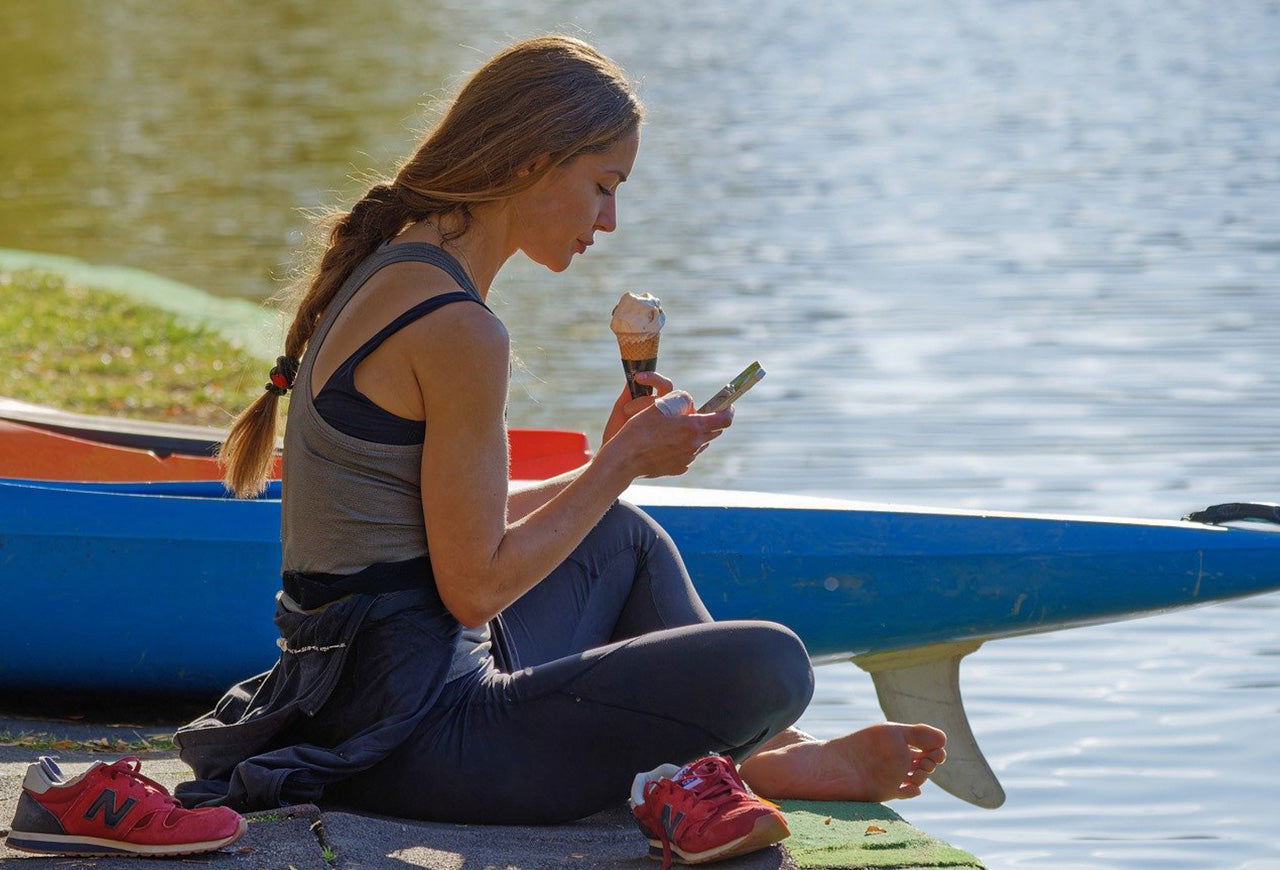
Now On Our Health Food Menu: Ice Cream topped with Maple Syrup?
The Obesity EpidemicEpidemiologist agree that America is facing an obesity crisis. Three-quarters of U.S. adults are now overweight or obese1, and about one in five children are obese.2 There are l...
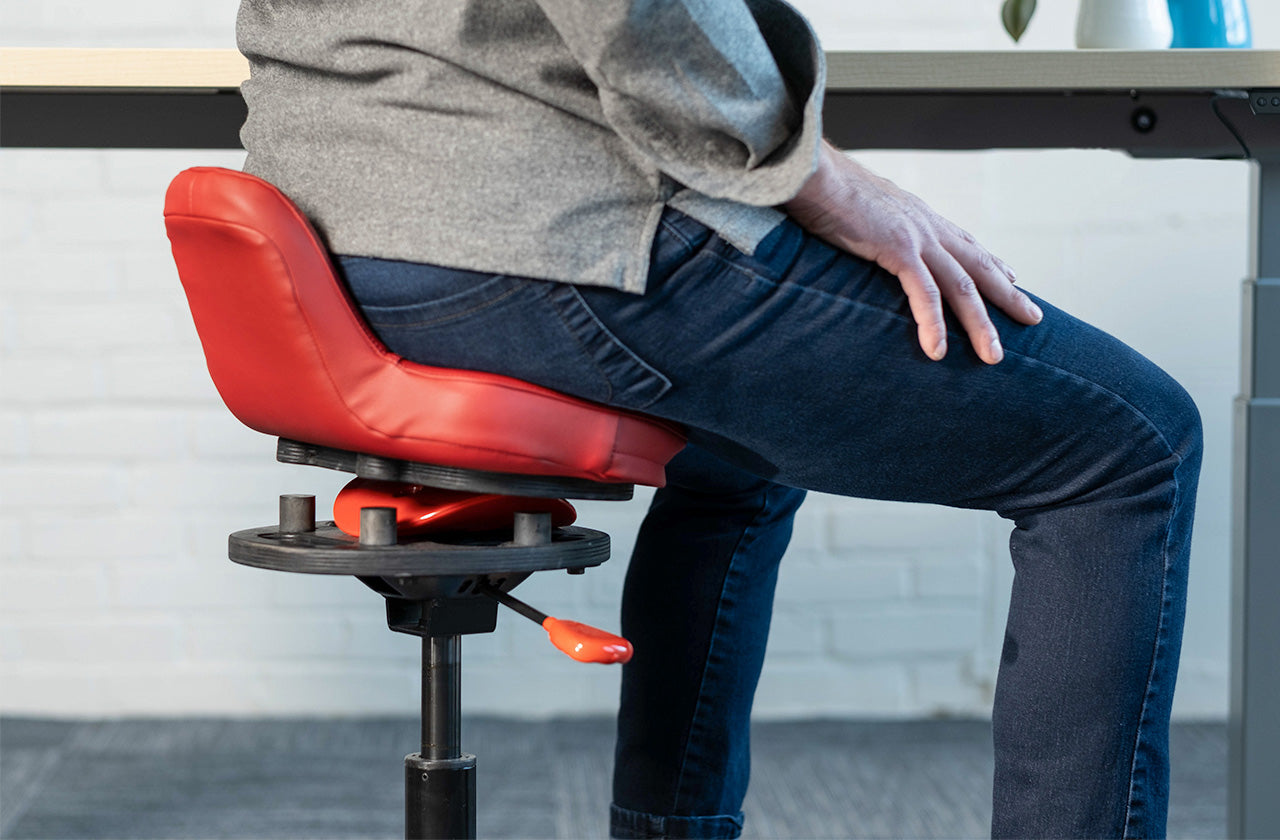
How and Why to Move More, While Sitting.
Sitting still all day can harm your health, even if you exercise. Try active sitting with an unstable chair or a wobble board to keep your muscles engaged. It’s an easy way to boost movement, impro...
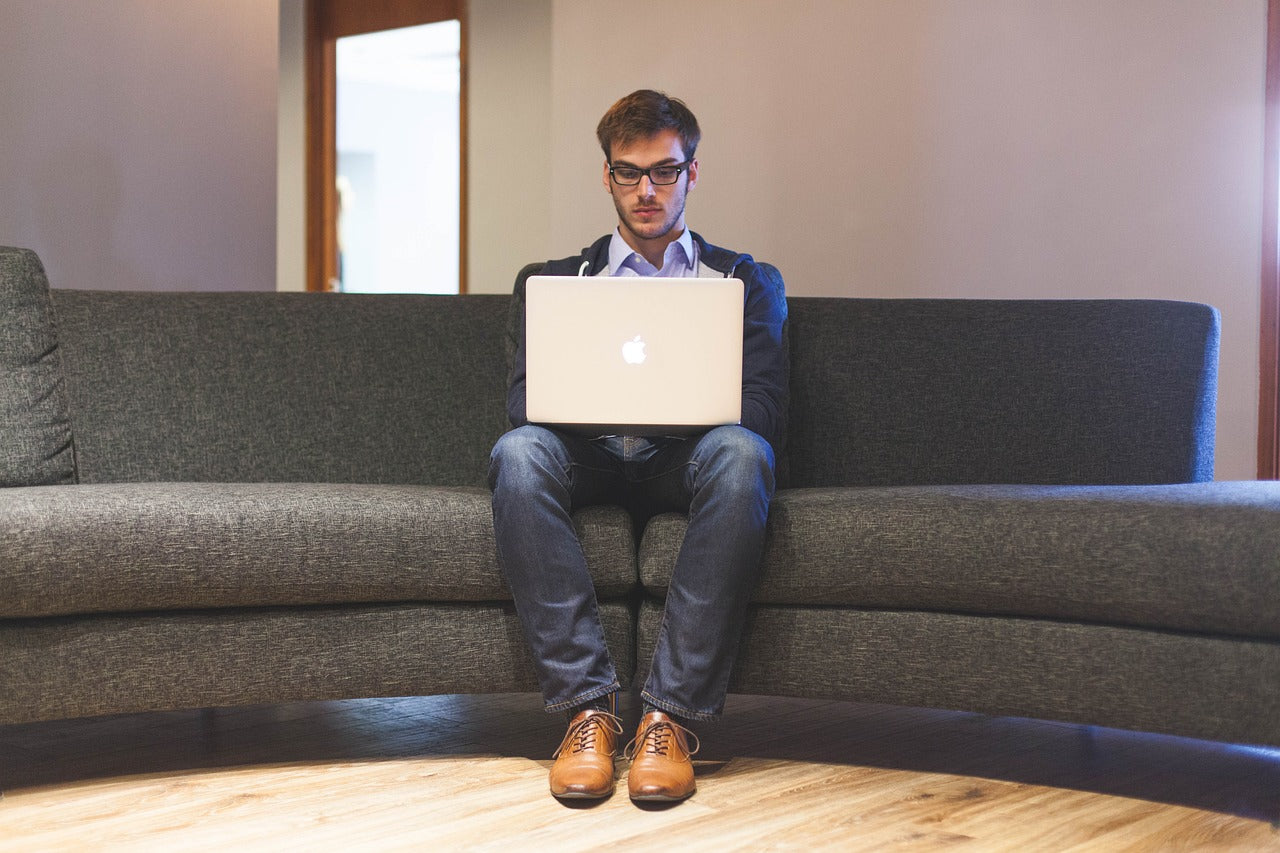
“Hunchback”: A Silent Epidemic and Posture as Prevention
Avoiding or improving a hunched back simply requires that we adopt a new spinal posture. But, because postural muscles are fundamentally different than normal muscles, changing one’s habitual spina...
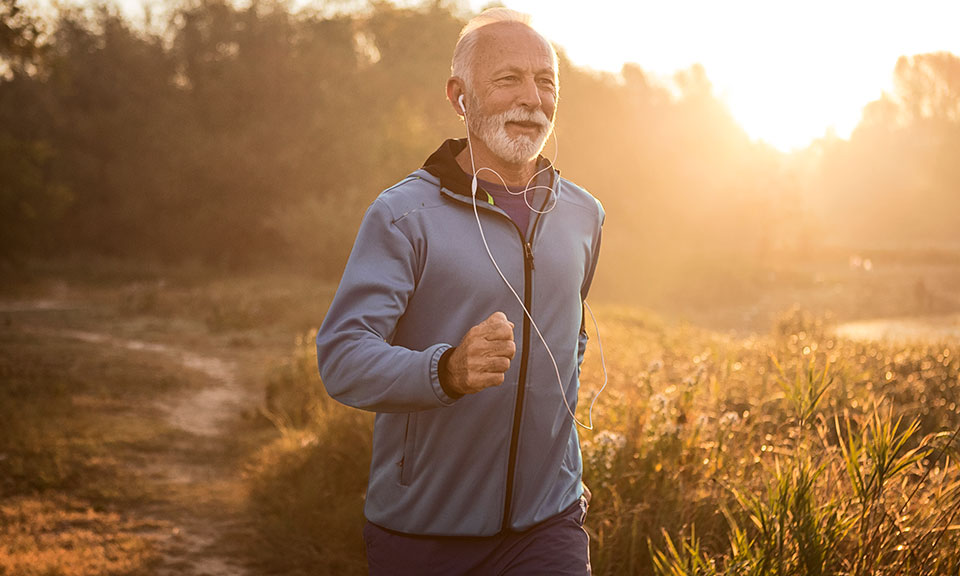
Running Is One More Thing Where Less Is More: Is there such a thing as too much running?
Exercise is well known for its health benefits, but recent research suggests that when it comes to running, less may be more. Studies show that light jogging—just a few hours per week at a slow pac...
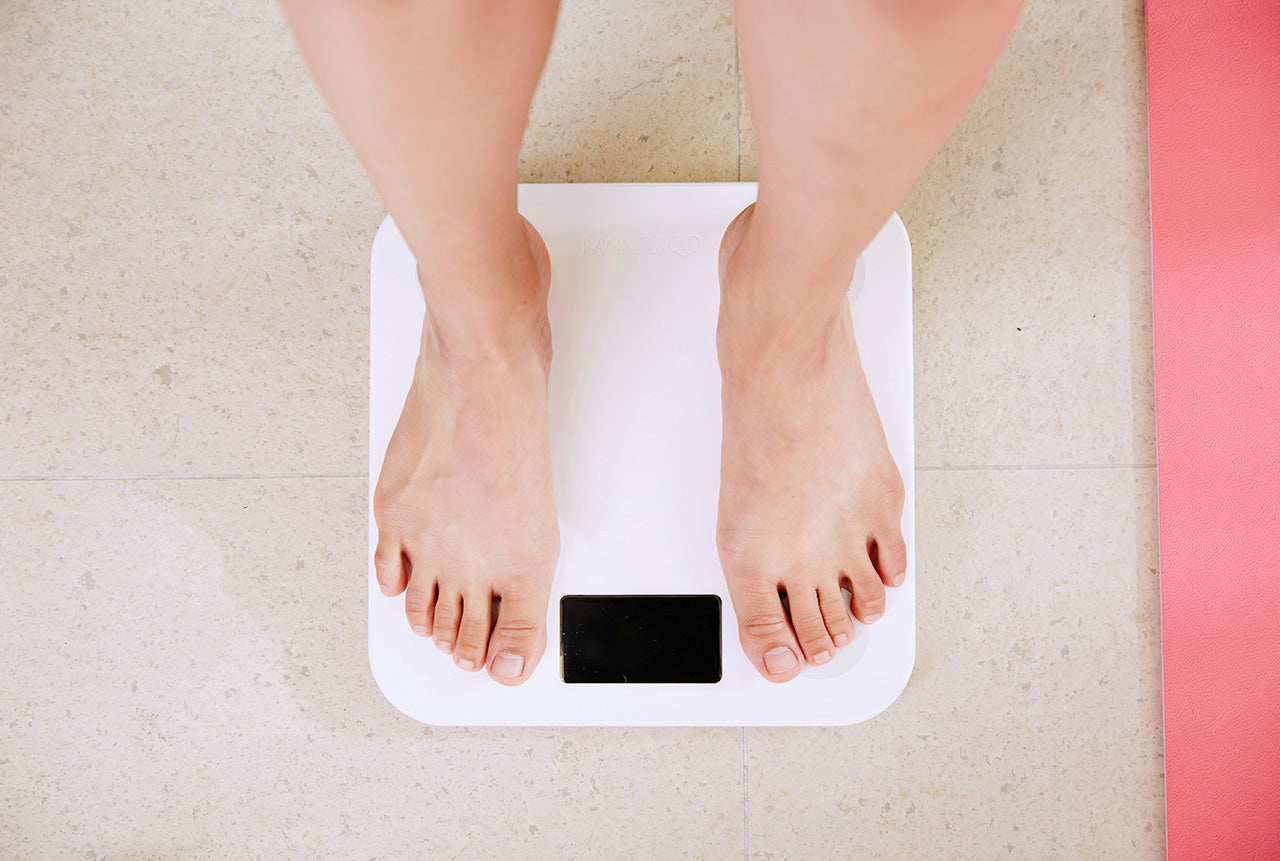
The obesity epidemic has surged over the past 50 years, with over 40% of Americans now classified as obese. This rise is linked to the increased consumption of ultra-processed foods, sugary drinks,...
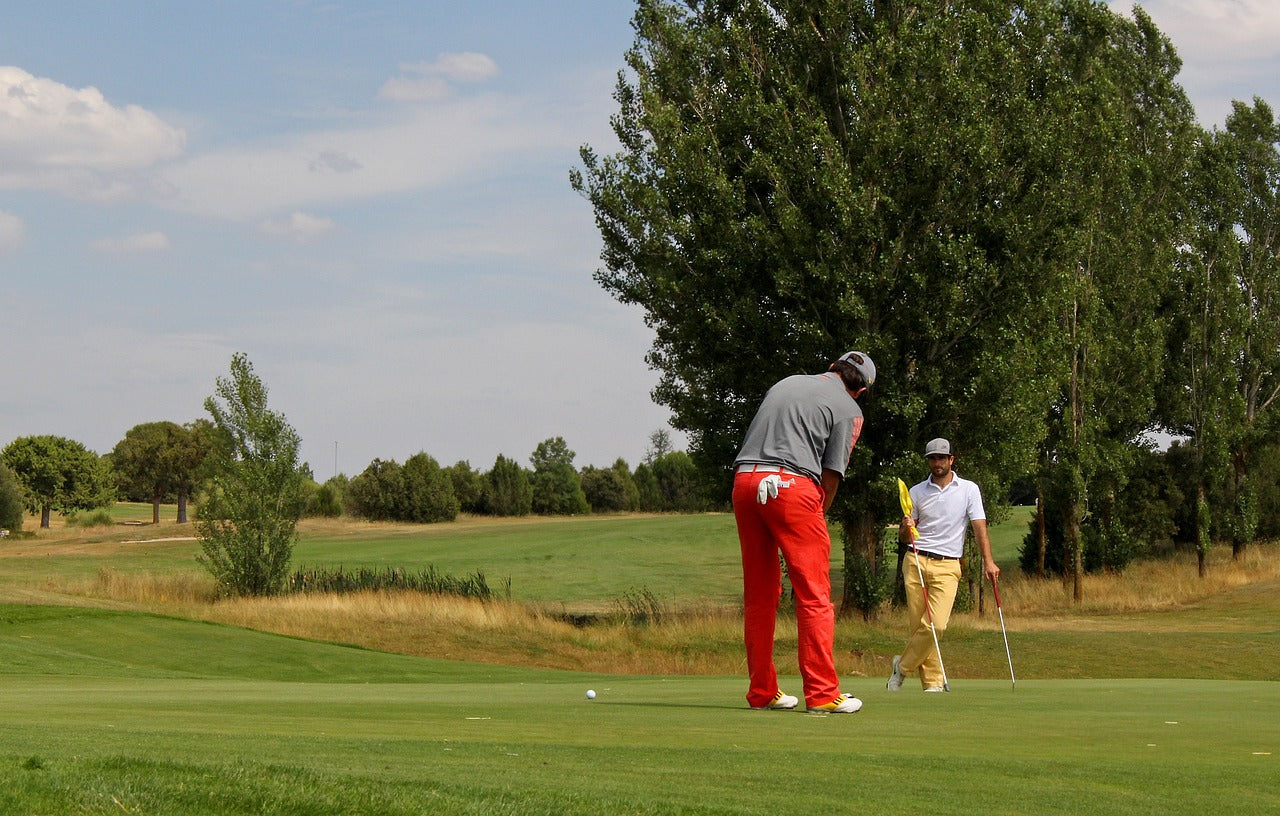
Golf, tracing back to ancient Rome, gained popularity in 15th century Scotland. Today, 40 million Americans play golf, continually aiming to improve their game. A key aspect of golf mastery is core...
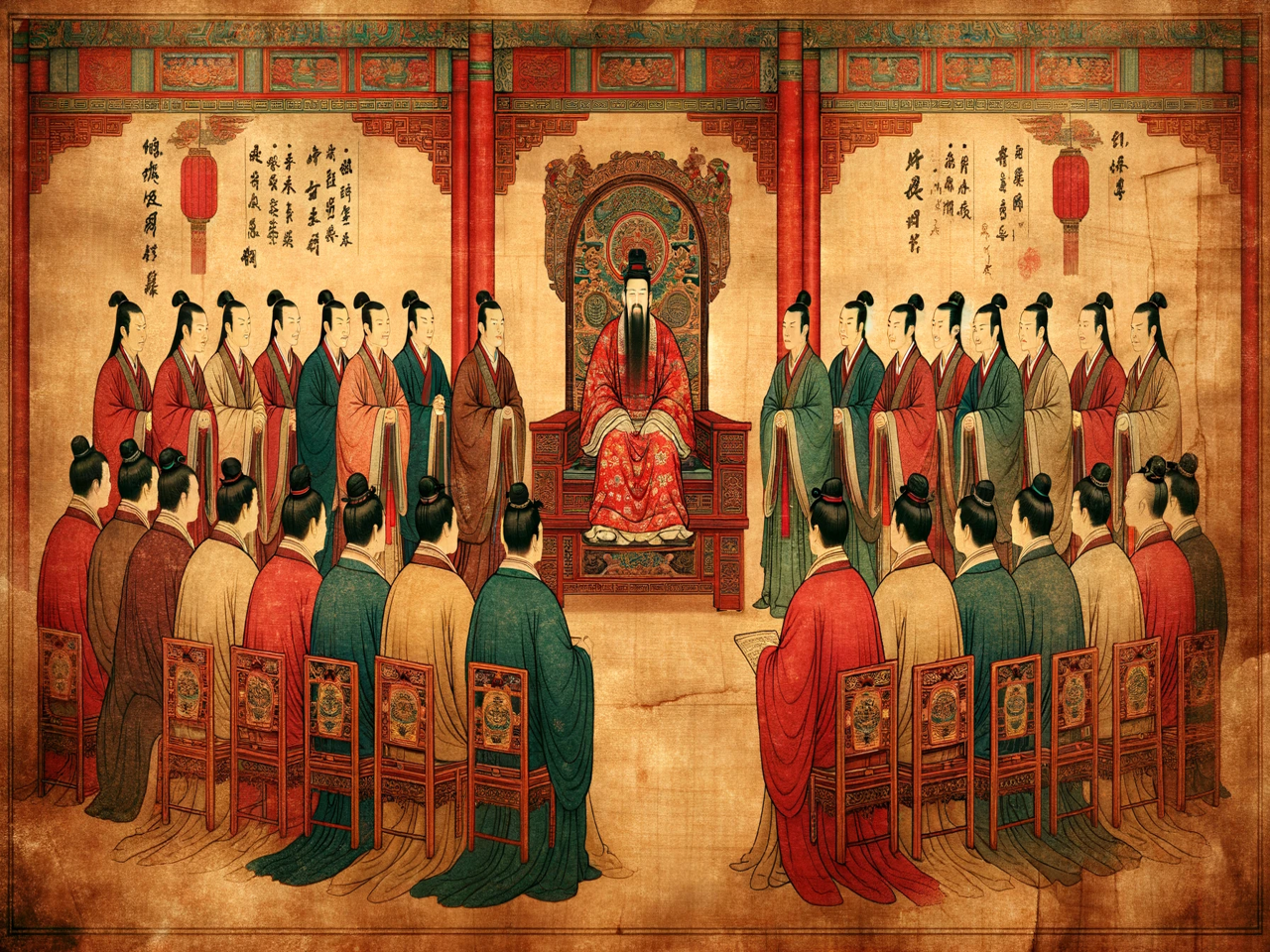
A Brief History of Active Sitting
Humans have been sitting for millions of years, initially favoring squatting over sitting due to its practical benefits. With the advent of agriculture, chairs evolved from simple stools to more el...
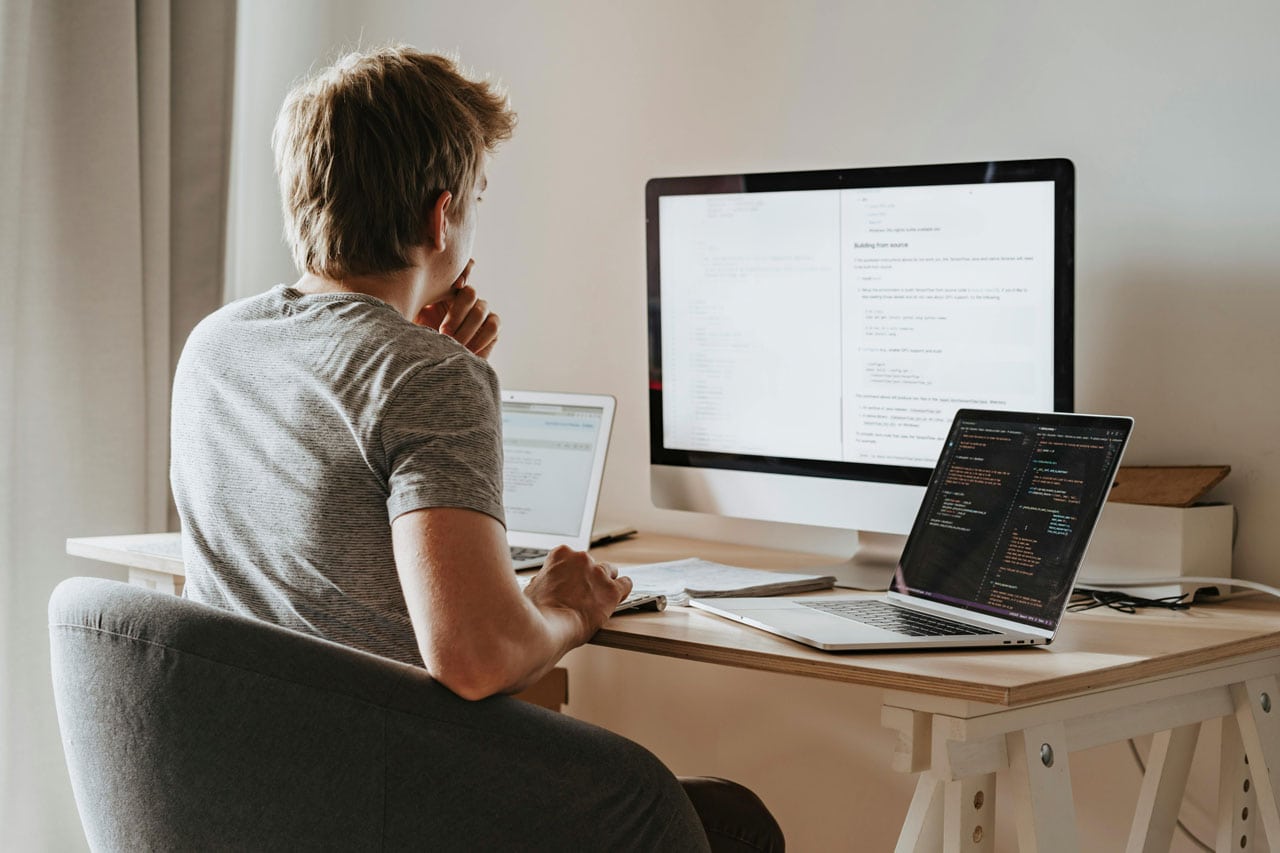
We recently got an email from Doug, an enthusiastic active sitting convert that read in part: “… the seat disappears”. We’ve heard this phrase before from other customers who are pleasantly surpr...
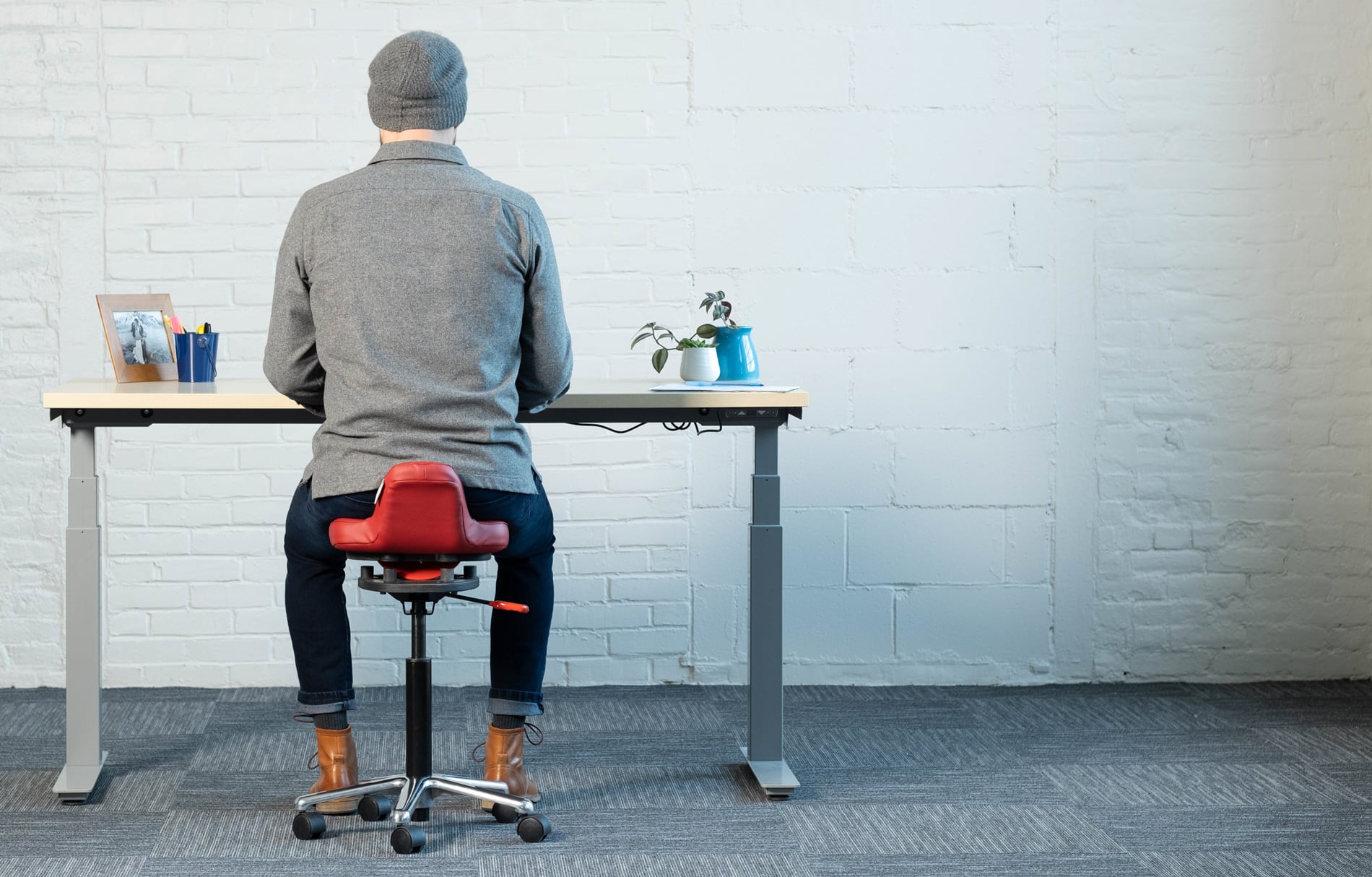
Active Sitting: From the Hysterical to the Practical
Active sitting, mechanically assisted Sitting, and beyond I was reminded of a delightful video clip recently by a morning eNewsLetter (The Hustle). If you haven’t seen The Hawaii Chair in action, y...

More on the Perils of Passive Sitting
A research paper published last month is the definitive summary of the many harms that sedentary behavior causes. Published in the prestigious journal Physiological Reviews by Pinto and co-workers,...
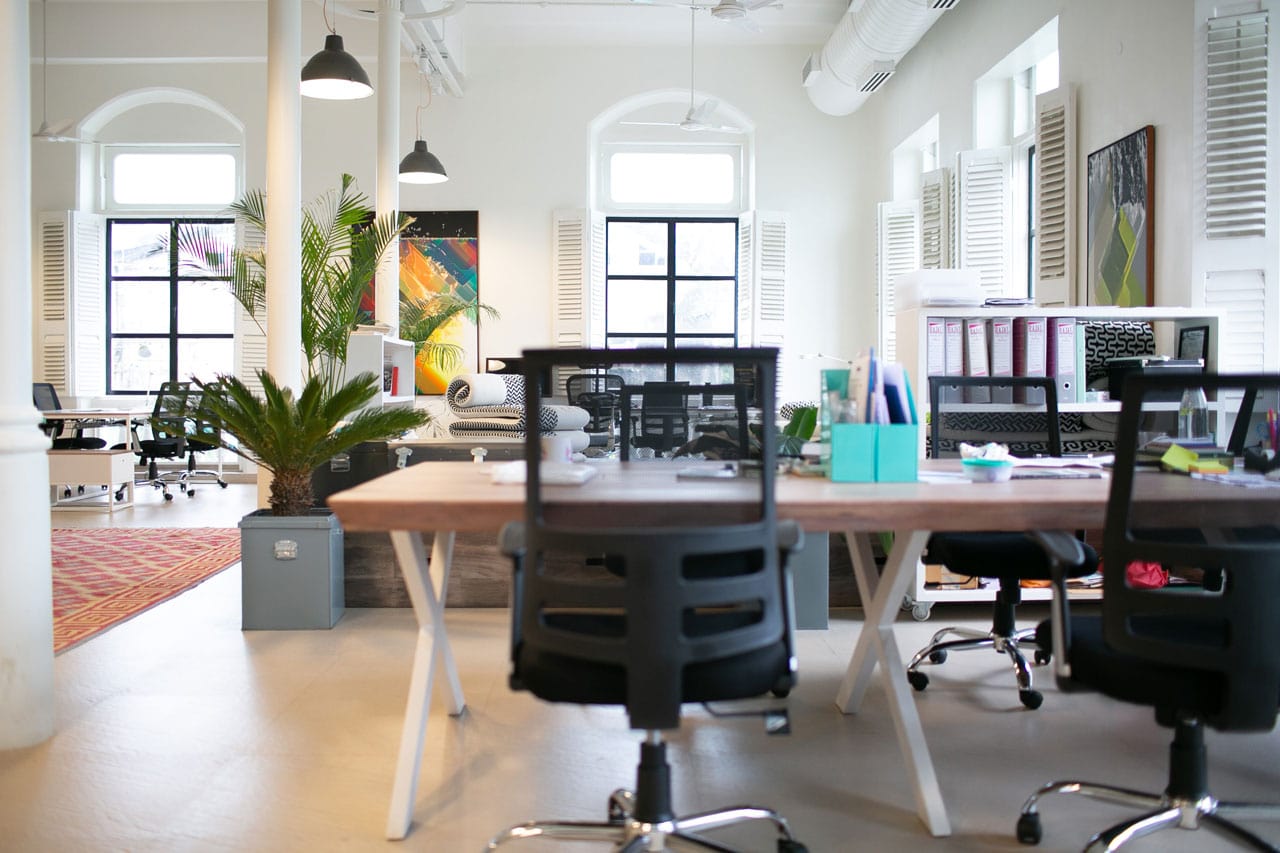
Breaks From Sitting: Now we know how often and how long
We all sit far more than is good for us.1 And by now the physiology of sitting and the epidemiology of its aftermath have been pretty well worked out: We sit for more than 8 hours every day, and ...

Passive Sitting Is Associated With Dementia
Passively sitting supported by “ergonomic” chairs has been associated with a host of health problems: poor posture, weakened core, metabolic syndrome, and even some forms of cancer. It’s a worriso...
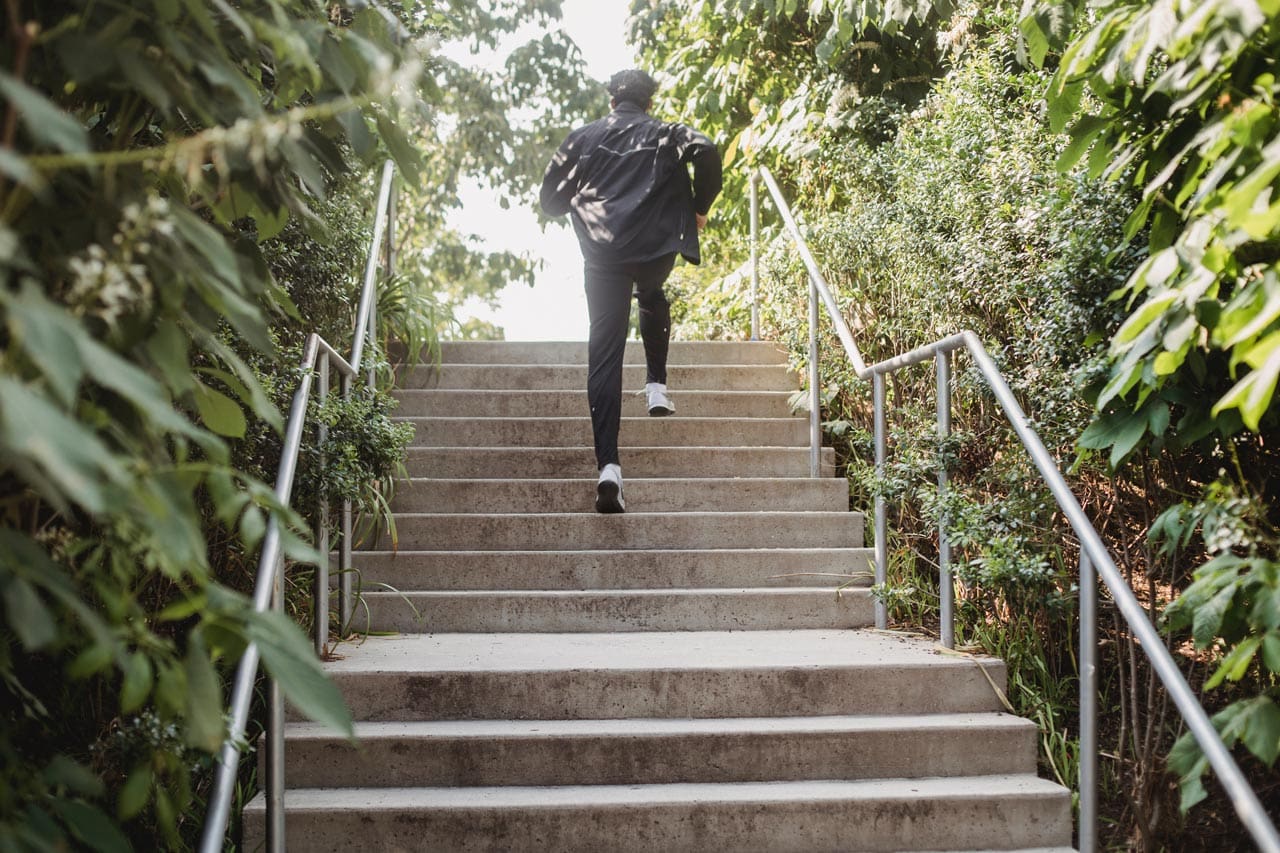
How to Add 3,000 Steps to Your Day Without Getting Up From Your (Active) Chair
Every physician knows that exercise is the best medicine. If doctors could write a prescription for exercise every patient would get one before he left the office. Hypocrites understood this well,...
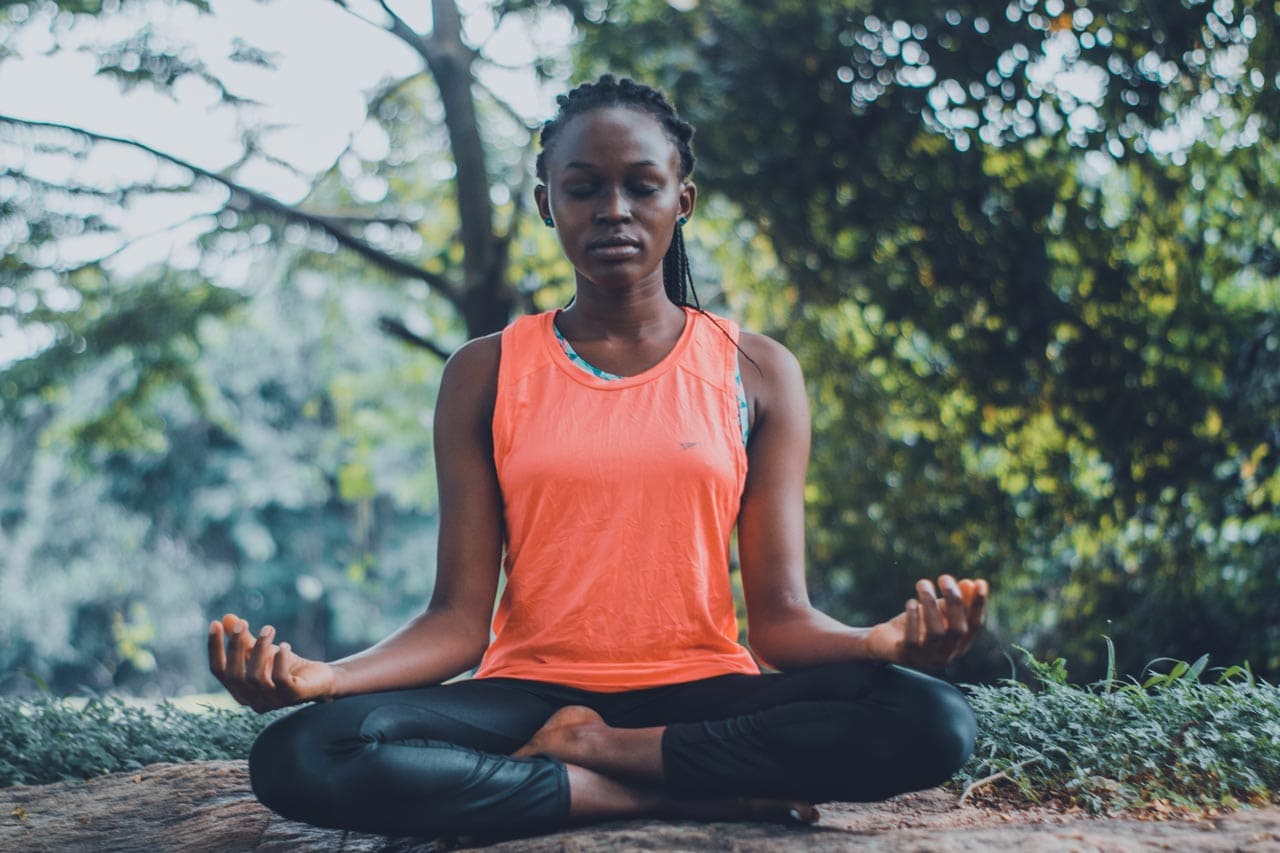
Mediation is perhaps the quintessentially internal pursuit: the mind turned inward, examining itself. So, it’s perhaps surprising that almost every meditation tradition pays close attention to th...

New Research Shows Back Pain Isn’t Helped by Opioid Drugs. What’s a Doctor to Do?
A recent paper published in the premier medical journal The Lancet1 underscored again just how poorly low back pain is understood. In their paper Opioid analgesia for acute low back pain and neck...
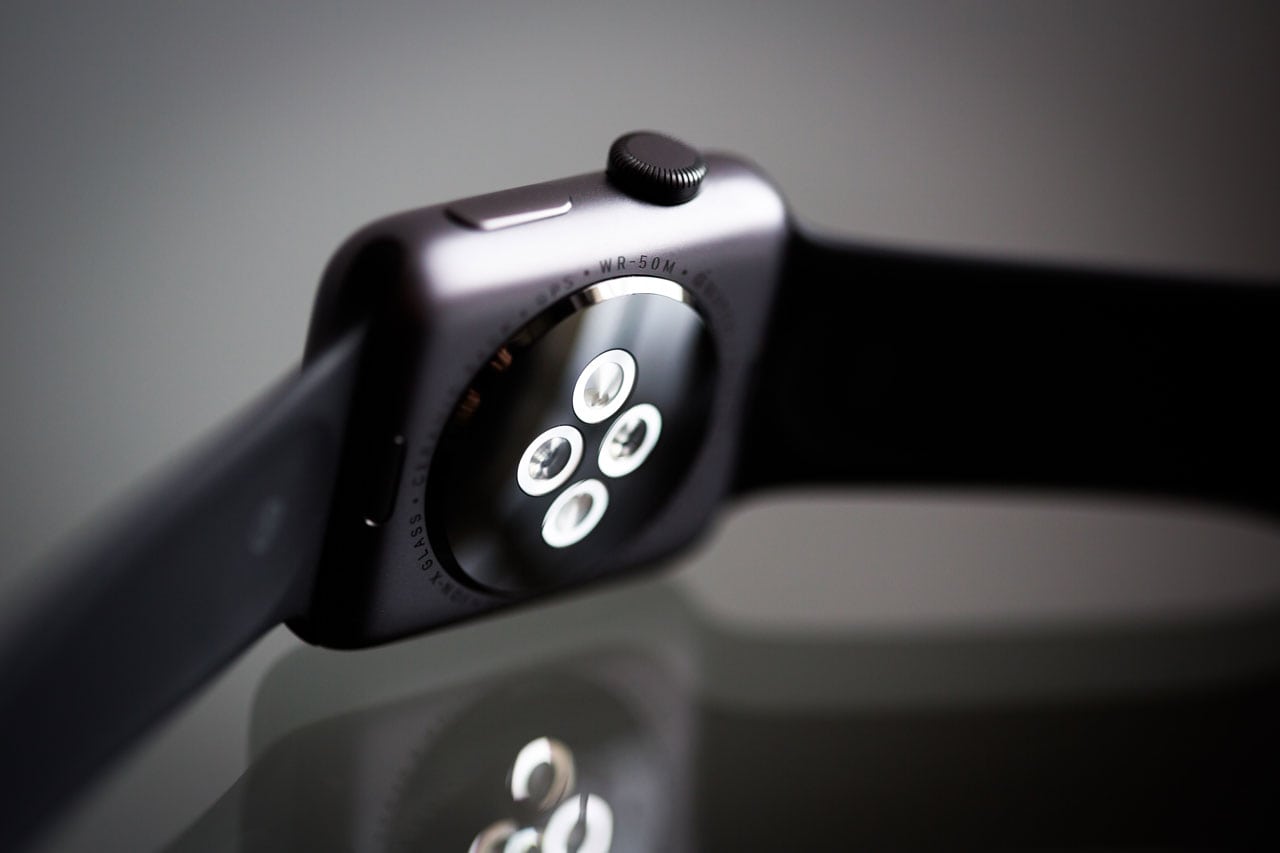
Real-Time Feedback from Automated Sensors Improves Health
Real-time feedback is how humans learn. Babies babble, listen to themselves, and then modify their babbling to match the babbling of their parents, eventually becoming fluent speakers of whatever ...
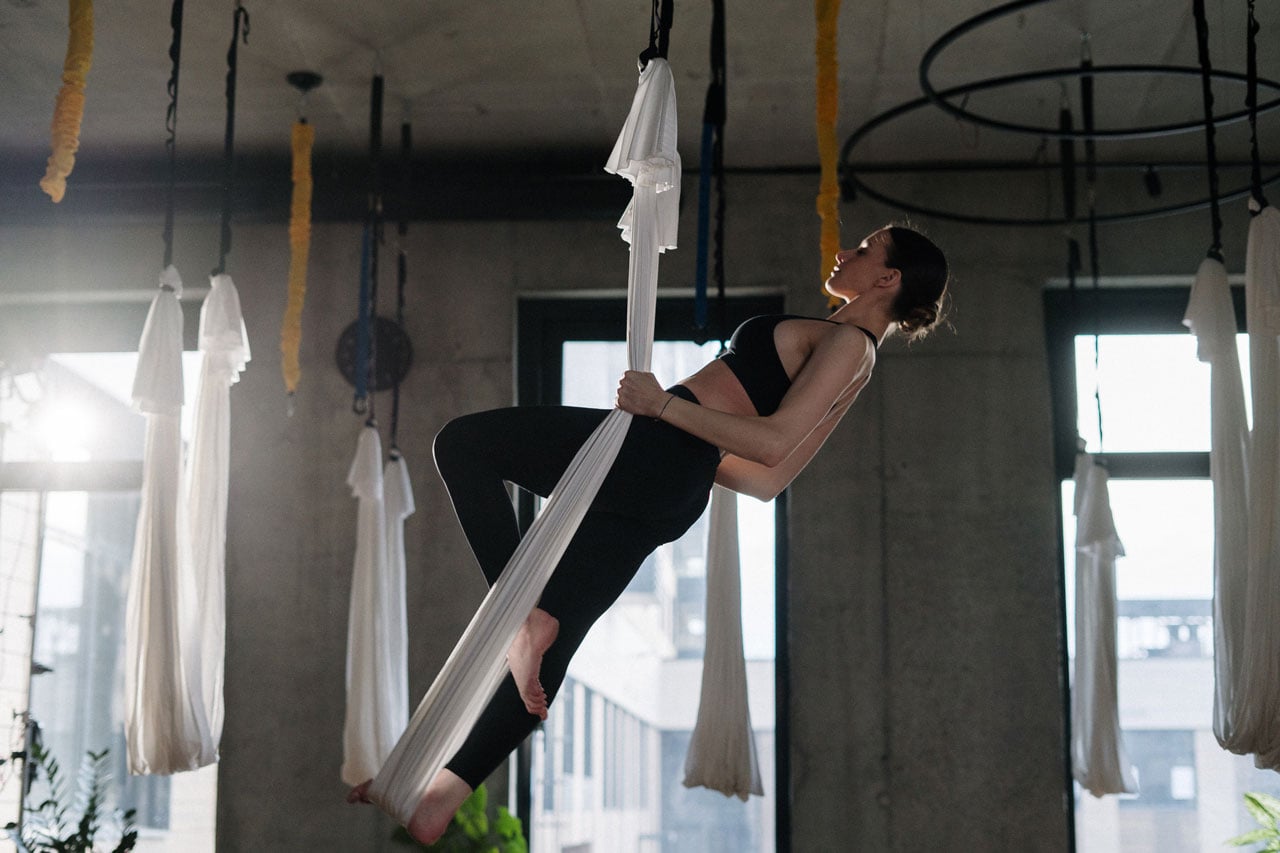
The Gravity Paradox: How Evolution Redirects Gravity to Hold Us Up
Gravity holding us up? Sounds silly. We can all feel gravity pulling us down, and we all have experience with falling down. Every physics book shows this vector, a representation on the page of ...
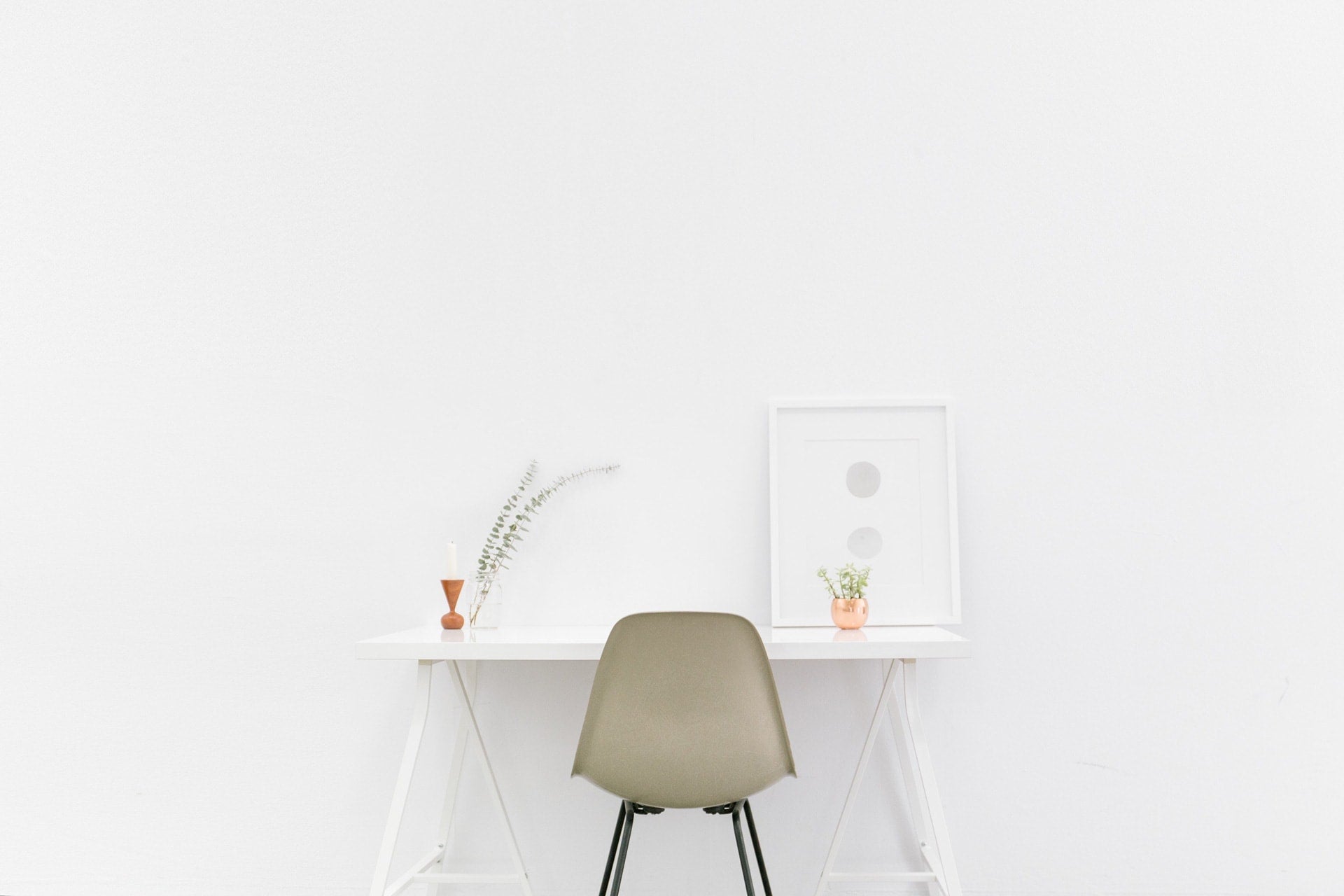
Could Simply Changing Your Chair Add Years to Your Life?
The profound difference between sitting and ‘active resting’ Note: Although I’m an academic researcher, because I too suffered from back pain for quite some time, so I’m hardly a disinterested ...
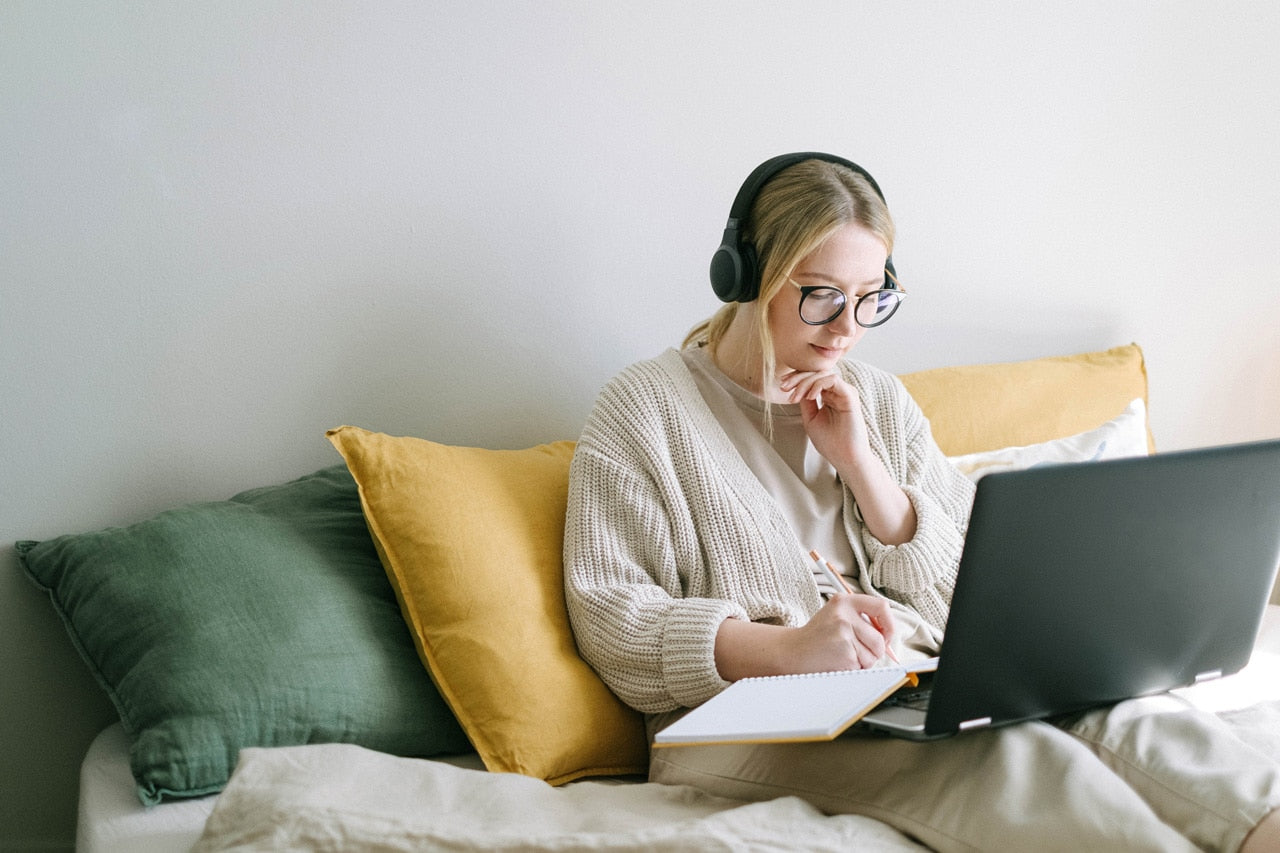
Ergonomics and Its Discontents
Although the word ergonomics joined the English language less than 100 years ago, the idea of ergonomics goes back over 2,000 years. Hippocrates himself weighed in on how a surgeon should set up h...
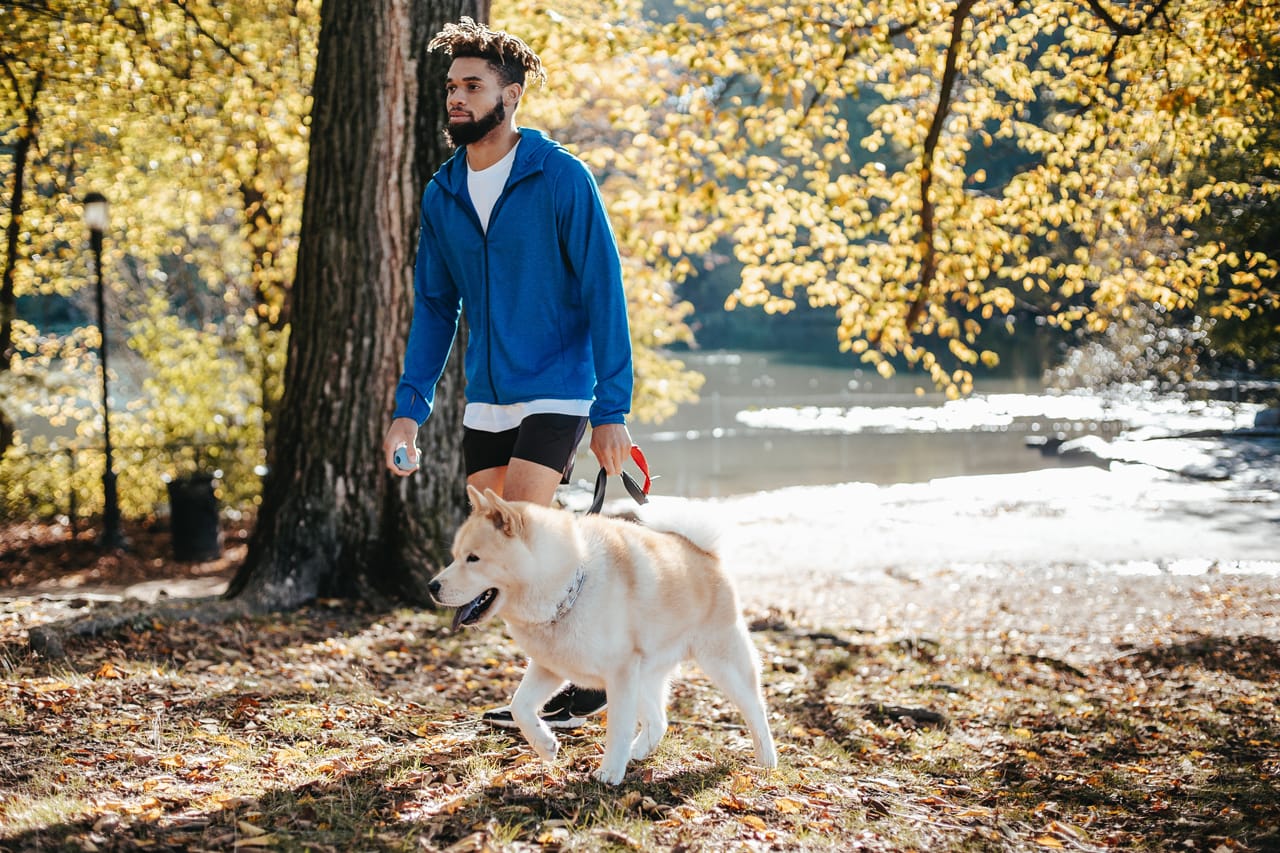
A paper recently published in the prestigious journal Nature Medicine will revolutionize our approach to exercise. Here’s the executive summary: if health is your goal, then visits to the gym aren...
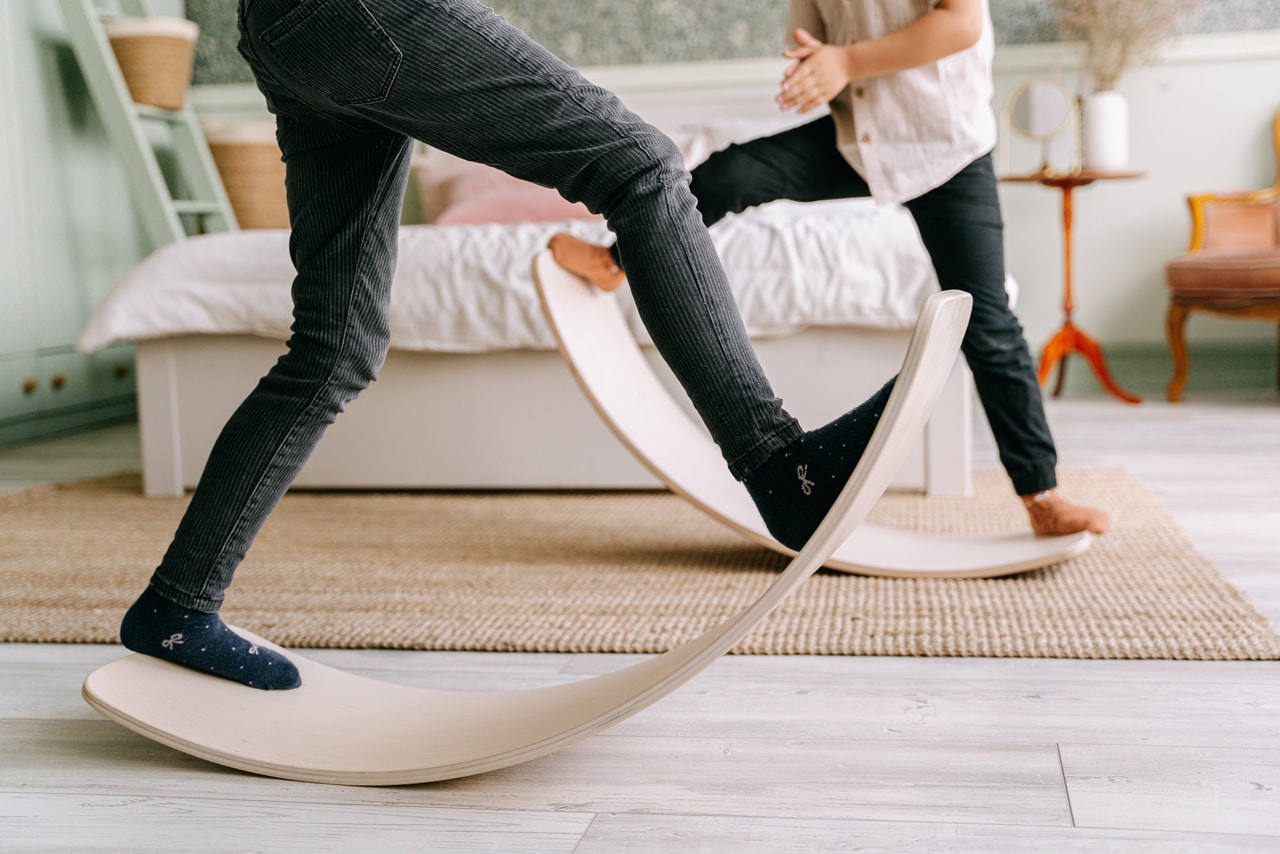
Balance is simply how our spines and limbs dance with gravity. But really balance is much more than this: balance is what defines our species. We are the most graceful of bipeds, able to naviga...
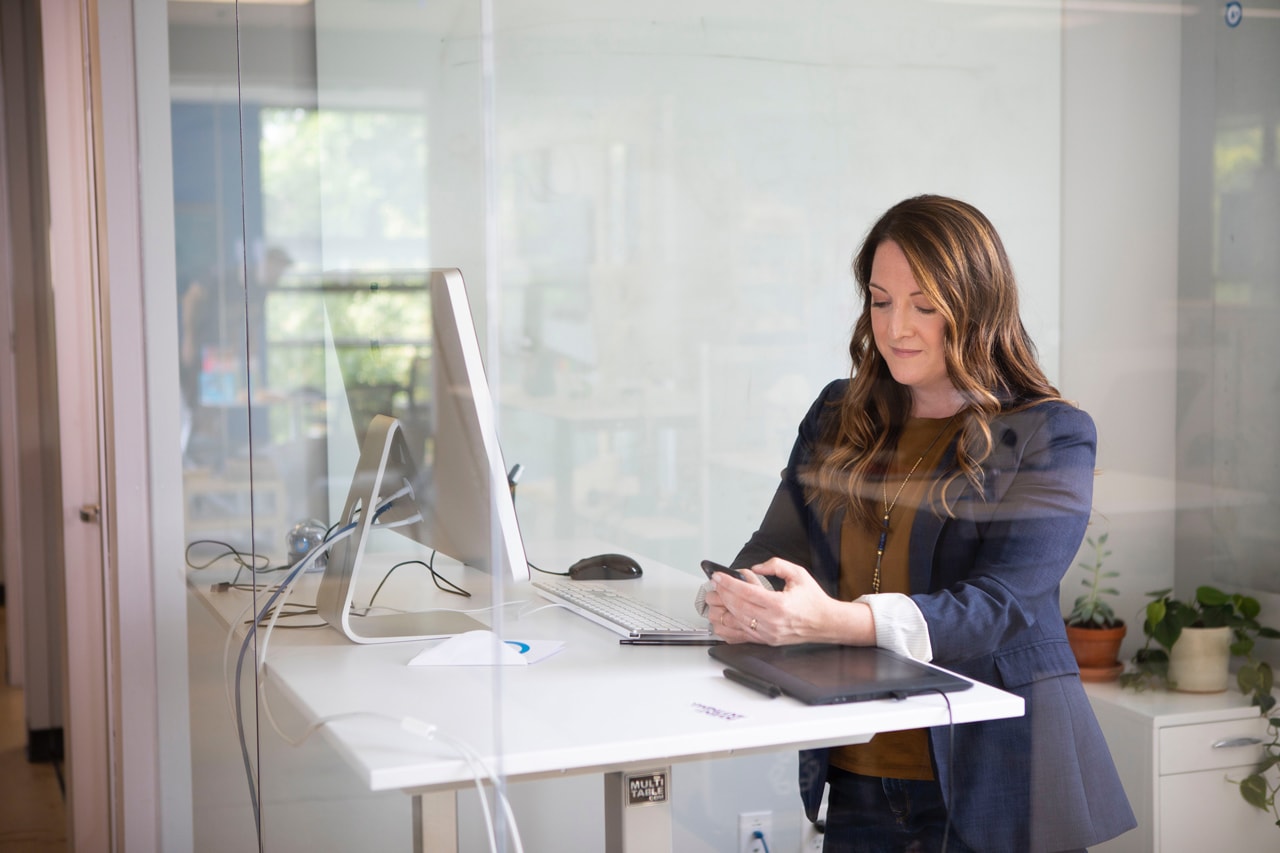
Standing vs. Sitting I talk to lots of people about their office setups, but one recent conversation still haunts me. A few months ago, I was chatting with Anette, a very earnest 30-somethi...
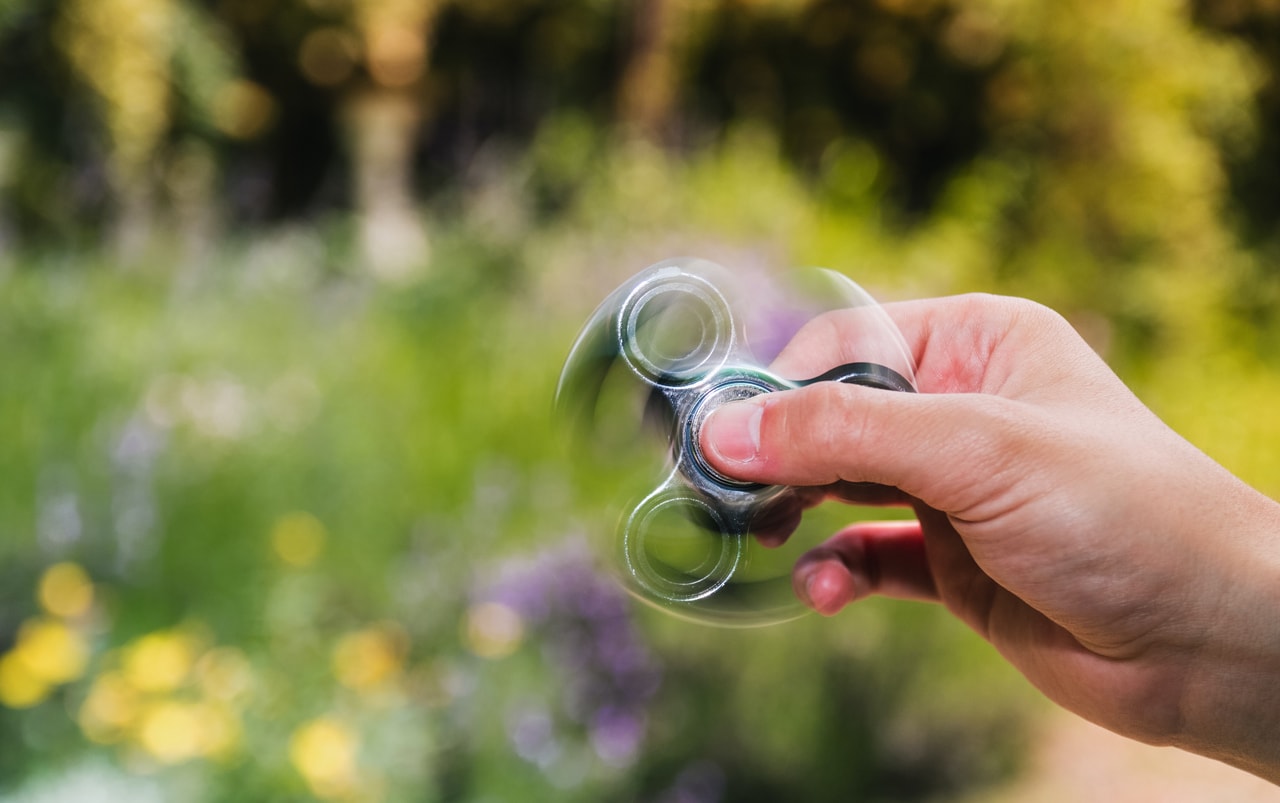
Can Fidgeting Help You Live Longer?
The health benefits of fidgeting Likely you know someone who is a natural-born fidgeter; you may be one of these souls yourself. If so, you’re in luck: while it’s not easy to be a fidgeter ...
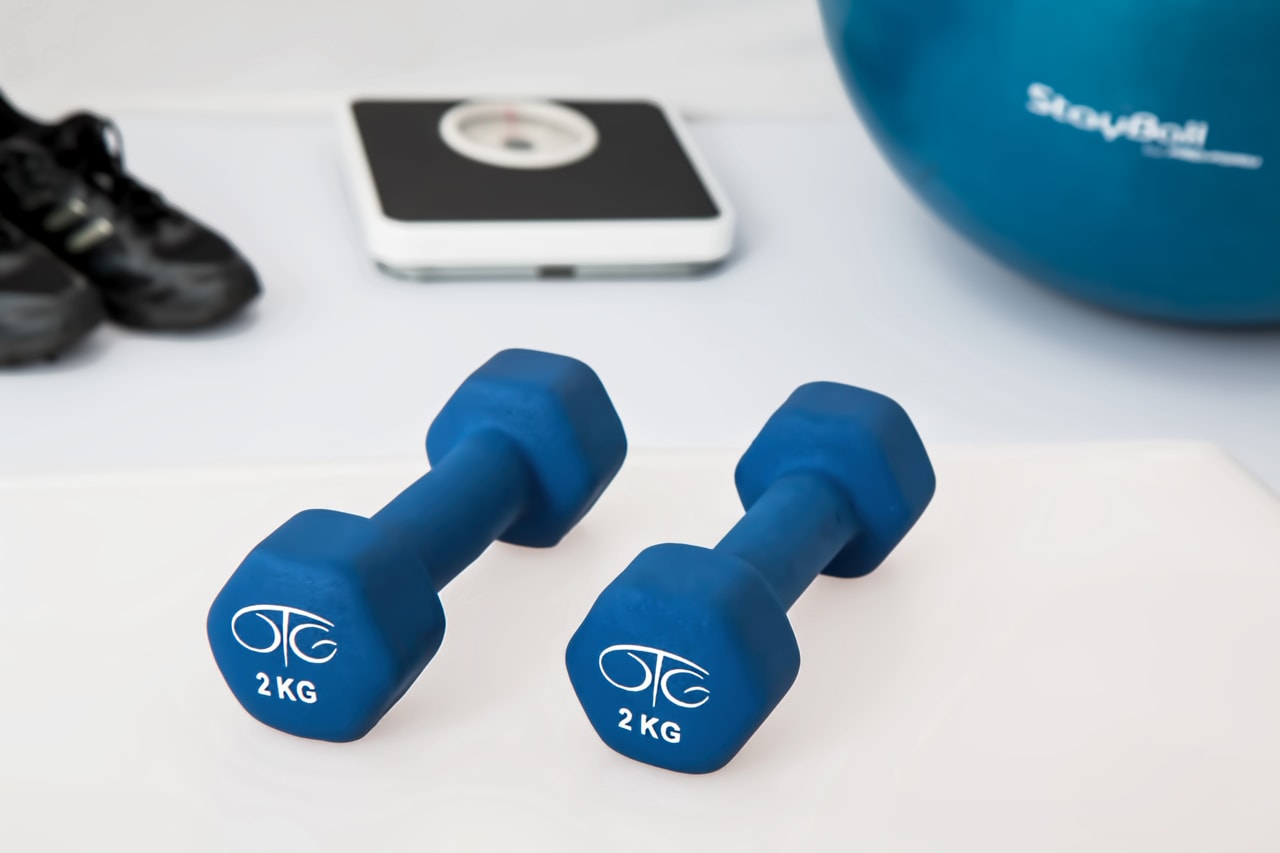
What Is an “Exercise Chair”? (Besides an Oxymoron)
Why do we sit? On the face of it an “exercise chair” seems an odd juxtaposition of words: don’t we sit to avoid the exercise that would be involved in some other posture, such as, say, squa...

